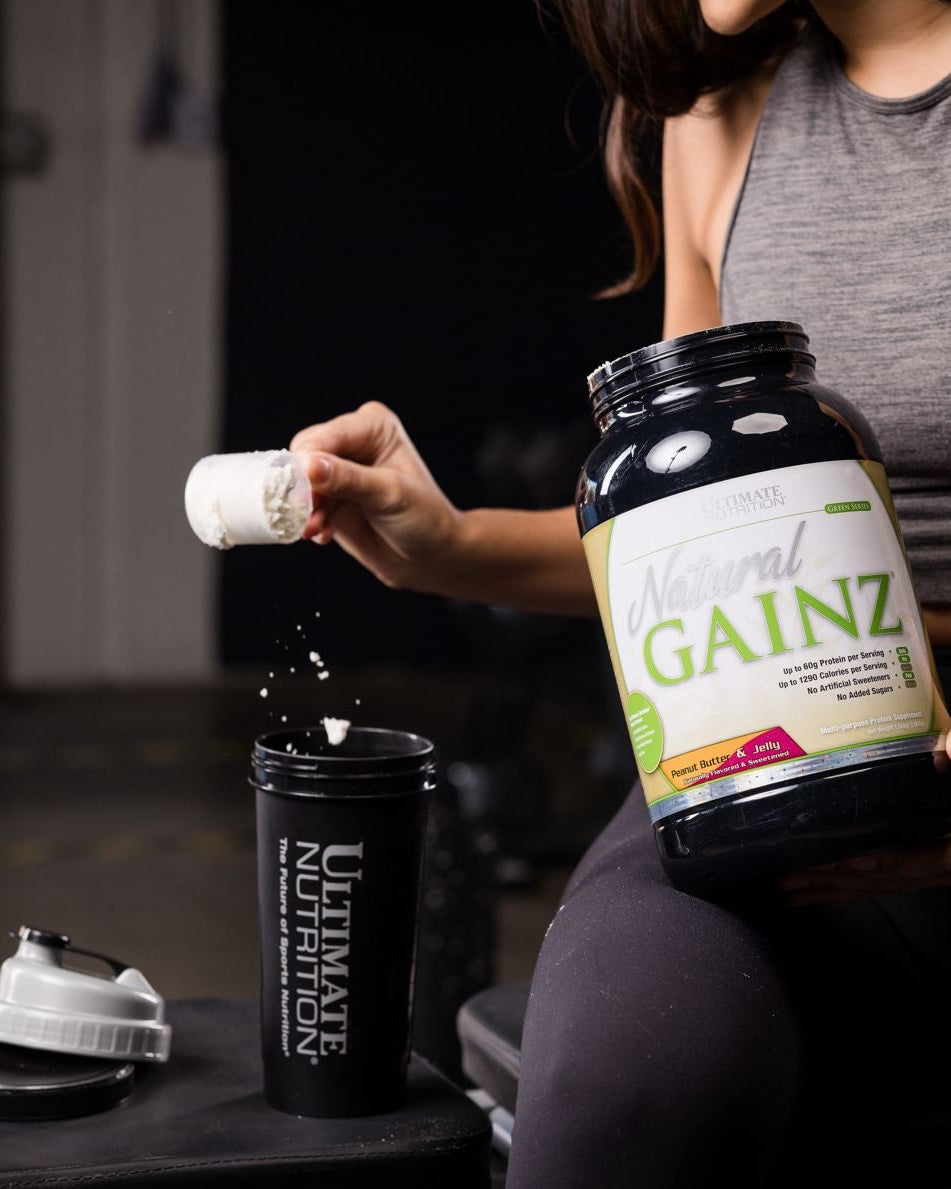Determining the right amount of daily exercise can be confusing, especially with so much conflicting advice.
This guide aims to clear up the confusion around questions around exercise lengths. In general, The Department of Health and Human Services suggests that adults should get at least 150 minutes of moderate aerobic activity or 75 minutes of vigorous aerobic activity a week, or a combination of both, spread throughout the week.
However, the exact amount of time you should spend working out daily can vary based on your specific fitness goals, fitness level, and the types of exercise you're doing.

How Long Should a Workout Be?
Determining the optimal length of a workout session hinges on several factors, including fitness goals, workout intensity, and individual time constraints.
For general fitness, a session can last 30 to 60 minutes. This duration is sufficient for cardiovascular exercises, strength training, and flexibility routines.
However, the focus should be on the quality of the workout rather than just the clock. Engaging in focused, uninterrupted exercise ensures you're making the most of your time, whether it's a 30-minute high-intensity interval training (HIIT) session or a longer, more moderate routine.
Maximum Workout Time Per Day: Breaking Down How Long You Should Workout a Day
Balancing workout intensity with duration helps in maximizing benefits while preventing burnout and injury. For high-intensity workouts, such as High-Intensity Interval Training (HIIT), these vigorous sessions should not exceed 30 minutes, as they place substantial demand on the body.
On the other hand, moderate-intensity activities like brisk walking, swimming, or cycling can safely extend up to 60 minutes or more, allowing for a comprehensive workout with less strain on the body.
Exceeding 90 minutes in a single session often leads to diminishing returns and a higher risk of overtraining, especially if the workouts are intense and frequent.
Key Points
- General Fitness: 30-60 minutes per session.
- Intensity Matters: Shorter sessions (20-30 minutes) can be effective if using high-intensity methods like HIIT.
- Strength Training: For muscle building, sessions might extend beyond 60 minutes, depending on rest periods and the number of exercises.

How Much Exercise Per Week?
Weekly exercise recommendations serve as a cumulative target, providing flexibility to accommodate varying daily schedules.
Again, the Department of Health and Human Services suggests at least 150 minutes of moderate aerobic activity, 75 minutes of vigorous aerobic activity per week, or an equivalent combination of both. This guidance supports not just cardiovascular health but also encourages muscle-strengthening activities on two or more days a week.
Key Points
- Weekly Goals: 150 minutes of moderate or 75 minutes of vigorous activity.
- Strength Training: Include muscle-strengthening activities targeting all major muscle groups on 2 or more days a week.
- Balance and Recovery: Ensure a mix of activities to balance different muscle groups and include rest days for recovery.
How Many Days Should You Workout in a Week
While the Department of Health and Human Services provides guidelines on the total amount of physical activity you should aim for each week, how you distribute this time can vary based on your personal preferences, schedule, and fitness objectives.
For General Health and Maintenance
Striving for some form of physical activity every day is beneficial. However, this doesn't necessarily mean engaging in intense workouts daily.
A balanced approach could include structured exercise (like cardio, strength training, or flexibility workouts) on 3-5 days, supplemented by lighter activities (such as walking or leisurely biking) on the remaining days.
For Weight Loss or Specific Fitness Goals
If you're targeting weight loss or aiming to achieve specific fitness benchmarks, you might increase your workout days to 5-6 times a week, incorporating both moderate and vigorous activities.
For Muscle Building and Strength Training
Individuals focusing on muscle building should aim for strength training sessions 3-4 days a week, allowing a day of rest in between sessions for muscle recovery and growth.
This frequency is optimal for stimulating muscle protein synthesis and ensuring muscles have time to repair and strengthen.
Key Points
- Activity Balance: Incorporate a mix of moderate to vigorous aerobic activities, strength training, and flexibility exercises throughout the week.
- Rest and Recovery: Plan rest days or active recovery days to allow your body to recover, which is crucial for progress and avoiding burnout.
- Listen to Your Body: Adjust the frequency of your workouts based on how your body responds. Signs of overtraining include persistent fatigue, decreased performance, and increased recovery time

How Long Should You Workout to Build Muscle?
Building muscle is a goal that requires a strategic approach to workout durations and frequencies.
Optimizing Workout Length for Muscle Growth
For effective muscle building, workouts typically need to be longer than those aimed solely at general fitness or weight loss.
A strength training session for muscle growth should last between 45 to 60 minutes, up to a maximum of 90 minutes. This time frame allows for a thorough warm-up, multiple sets of various exercises targeting different muscle groups, adequate rest periods between sets, and a cool-down.
Frequency and Recovery
Training each muscle group 2-3 times a week is recommended for optimal muscle growth, ensuring a day of rest in between workouts for the same muscle group.
This frequency maximizes muscle protein synthesis and recovery, crucial for muscle repair and growth.
Incorporating Nutrition
Nutrition plays a vital role in muscle building. Consuming enough protein is essential for muscle repair and growth.
Supplements, like our protein powders, can be a convenient and effective way to meet your daily protein requirements, especially post-workout.
Key Points
- Workout Duration: 45-60 minutes, up to 90 minutes for muscle-focused sessions.
- Frequency: 2-3 times per week per muscle group, with rest days in between.
- Nutrition: Adequate protein intake is crucial. Consider supplementation with protein powders to support muscle recovery and growth.

Find Your Ideal Workout with Ultimate Nutrition
Determining the right amount of exercise, whether it's daily or weekly, is crucial for meeting your fitness goals without risking overtraining.
For those looking to support muscle growth and recovery, integrating high-quality supplements into your diet can be beneficial. Ultimate Nutrition's protein powders are an excellent way to meet your protein needs post-workout.
For overall well-being, follow our Training Videos, Products, and Recipes. Don’t take your health for granted. Invest in yourself today.
The information provided in our articles are meant for informational and educational purposes exclusively and should not be considered as medical advice. It is essential to consult a healthcare professional before starting a new nutritional product and/or making significant changes to your diet and/or starting a new exercise regime. These products are not intended to diagnose, treat, cure, and/or prevent disease.





















